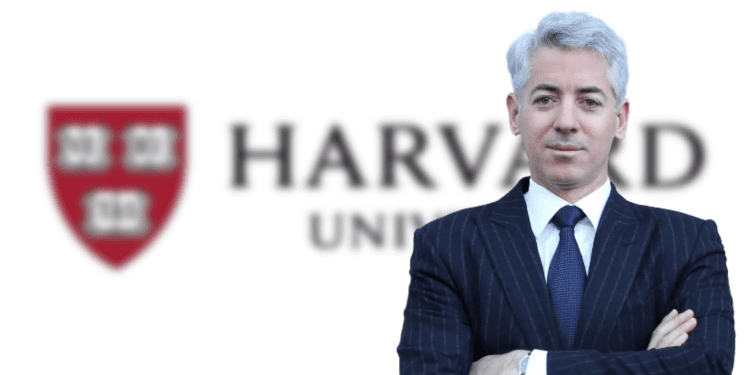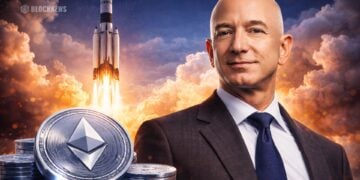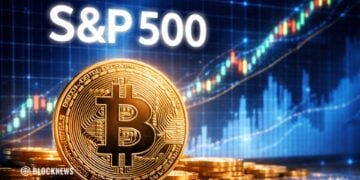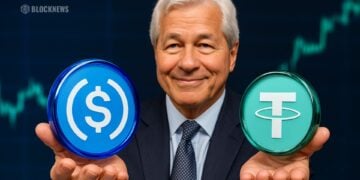- Prominent business leaders support Bill Ackman’s call to be cautious in hiring Harvard students associated with a controversial letter blaming Israel for a recent Hamas attack.
- Initial signatories of the letter face a backlash, with concerns about potential blacklisting leading some organizations to backtrack and others distancing themselves from the statement.
- Former Harvard President Larry Summers advocates restraint, highlighting that some students may not fully understand the implications of the statement they endorsed.
- Bill Ackman urges transparency, calling on Harvard to disclose the names of students linked to the involved groups to inform potential employers of their views.
A group of prominent business executives has supported Bill Ackman’s appeal to refrain from hiring members of certain Harvard student groups. These groups had signed a contentious letter attributing blame to Israel for the recent Hamas attack, which resulted in the tragic loss of over 1,200 lives, including at least 22 Americans.
Among those backing Ackman’s stance is Sweetgreen CEO Jonathan Newman. Newman, along with several other business leaders, echoed the sentiment of being cautious about hiring individuals associated with the aforementioned student groups.
The reaction to the student group’s statement has been significant, with concerns about potential blacklisting prompting some initial signatory organizations to backtrack. Furthermore, 17 additional Harvard groups, along with a substantial number of faculty, staff, and other individuals, have signed a counter-statement denouncing the earlier letter as both inaccurate and deeply offensive.
However, not all voices align with the call for caution. Former Harvard President Larry Summers urged restraint, emphasizing that some students may have been unaware of the implications of the statement they endorsed. He cautioned against vilifying individuals and stressed needing a more measured response to the situation.
In the midst of this discourse, Bill Ackman, a hedge fund billionaire and Harvard alumnus, has called for transparency. He has urged Harvard University to disclose the students’ names associated with the involved groups to ensure potential employers know their views.
This issue has sparked a broader conversation about the intersection of academia, public opinion, and corporate considerations, with the repercussions potentially extending into the professional lives of those involved.
The situation remains dynamic, prompting ongoing discussions about the appropriate responses and the balance between free expression and professional accountability in a complex societal landscape.














